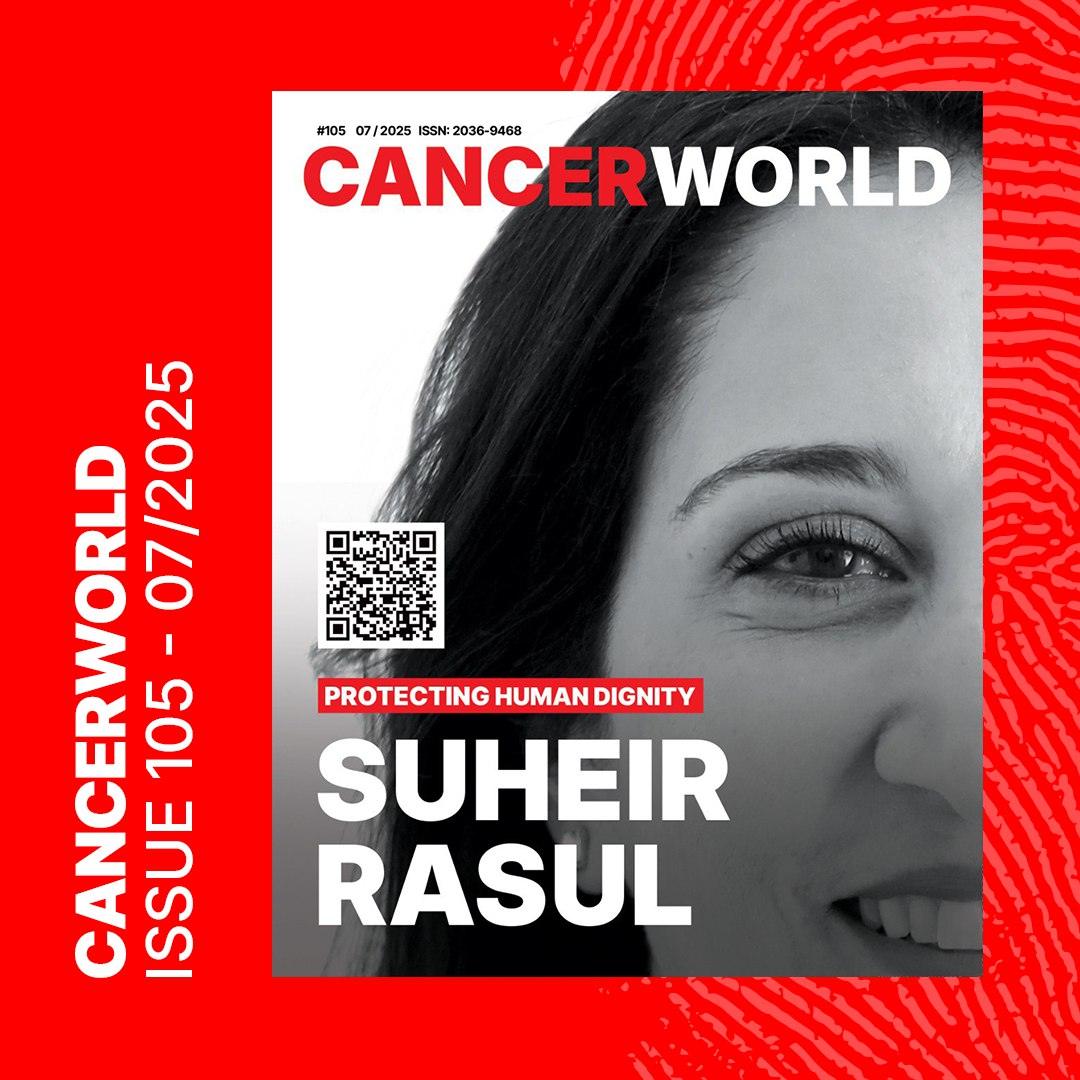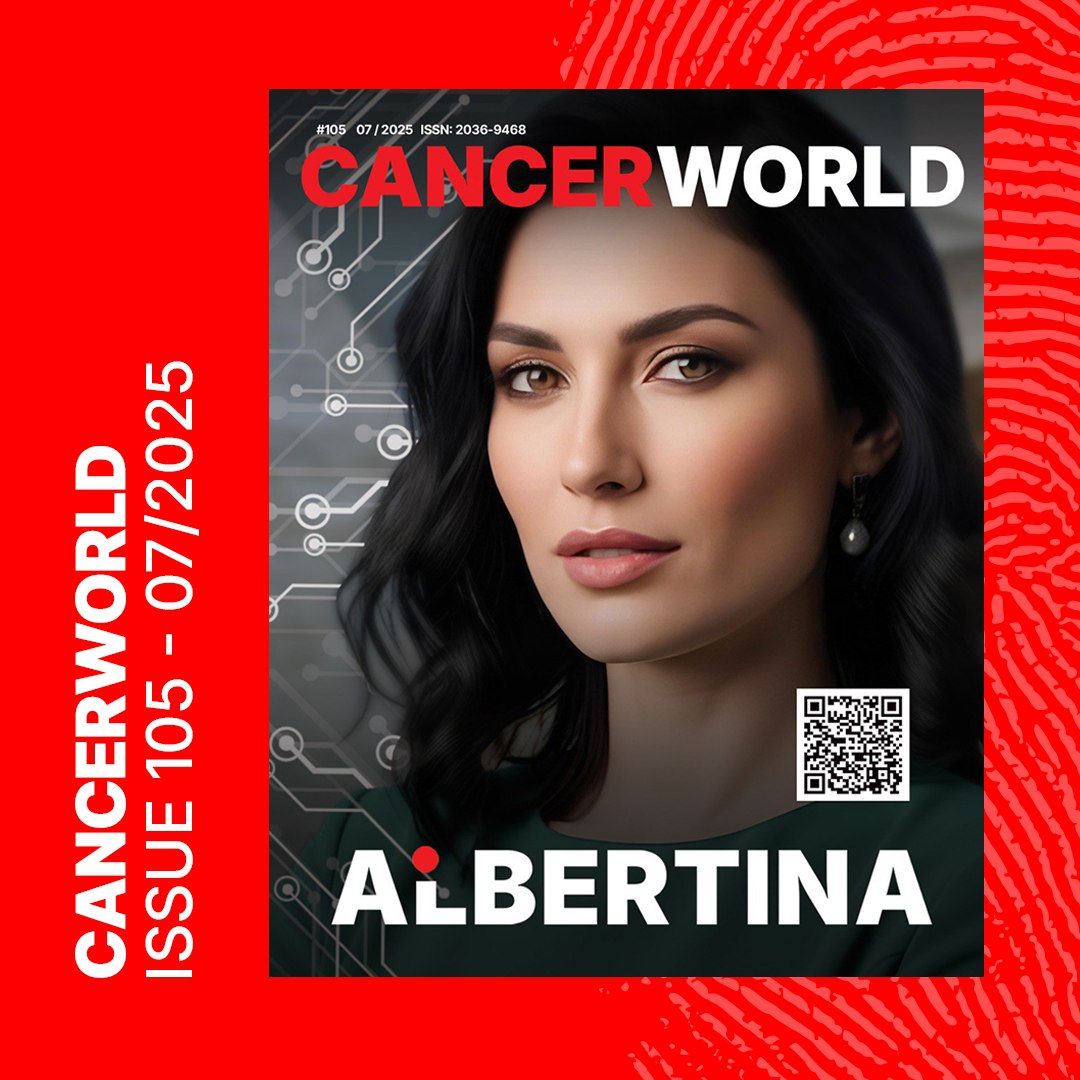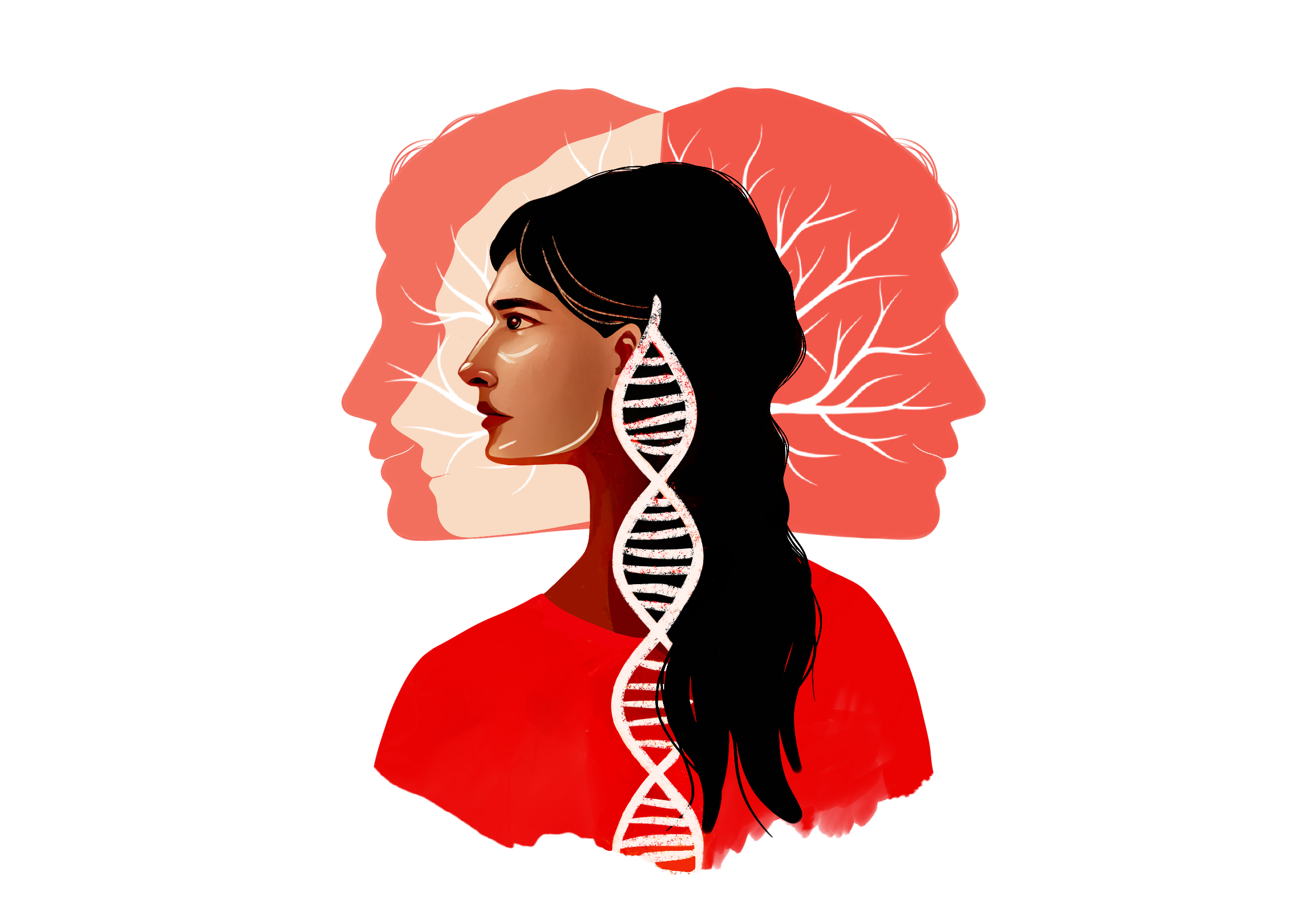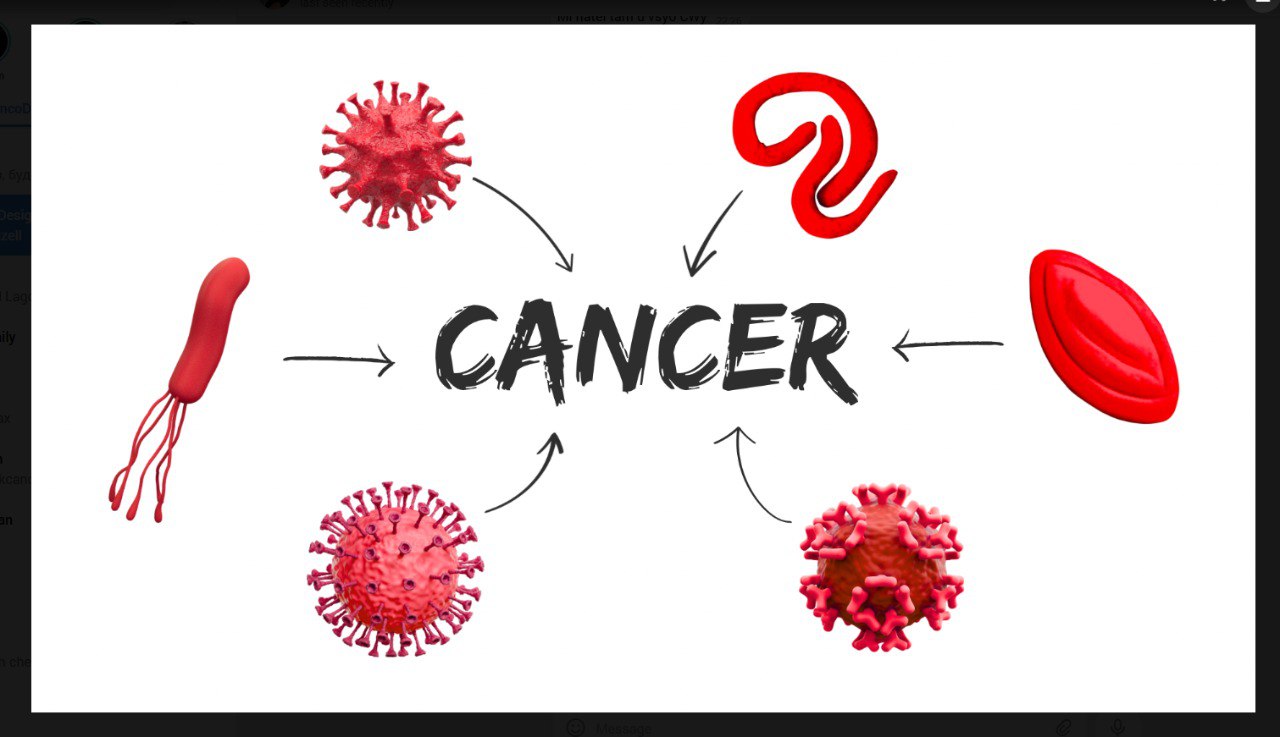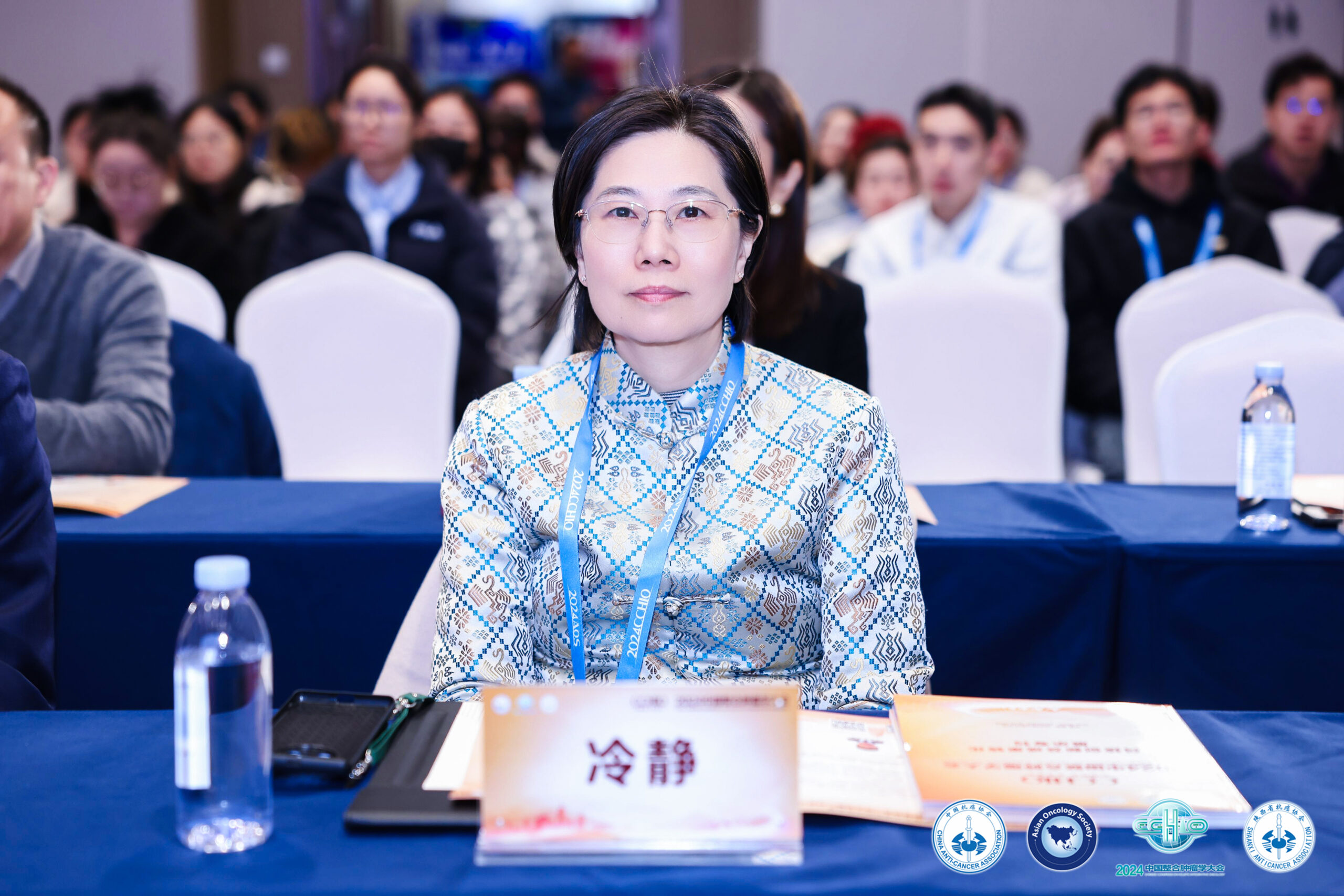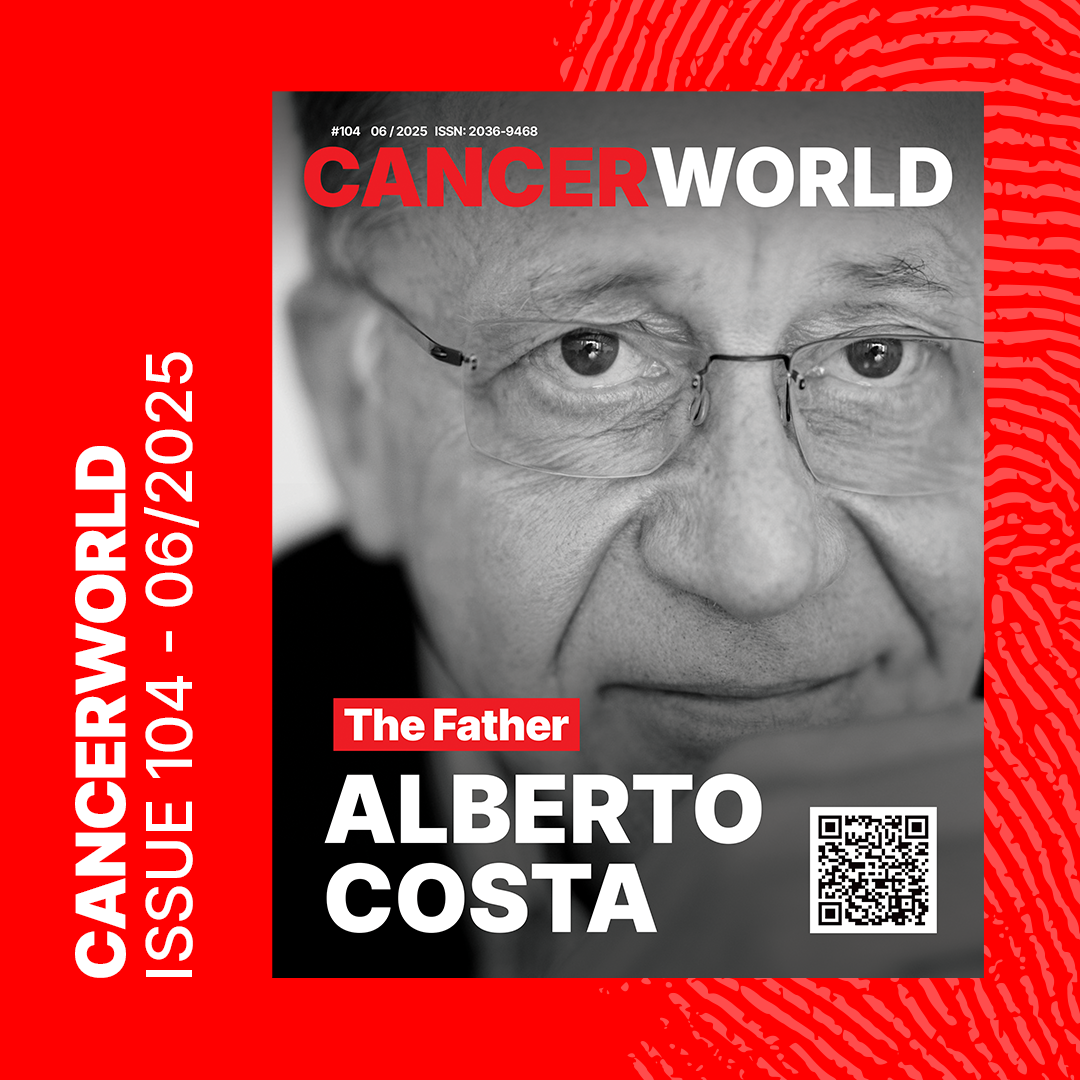Articles
Fighting Cervical Cancer in Latin America’s Indigenous Communities: The Case for More Research and Tailored Programs
Across Latin America, indigenous women experience the highest cervical cancer death rates in the region. Geographic, economic, and cultural barriers hinder their access to screening and treatment follow-up. Now, a group of researchers is trying to change that, by mapping…
“I’m Here”: The Story of George Kapetanakis
I first met George Kapetanakis at a Greek conference, where we were co-moderating a session. He came across as a warm and humble person. At the time, I had no idea he was the president of Greece’s largest patient organization.…
Suheir Rasul: Protecting Human Dignity
When Suheir Rasul talks about her journey, you don’t hear a linear career path—you hear a story of transformation, resilience, and service. Today, as Senior Vice President of ALSAC Global, the fundraising and awareness organization of St. Jude Children’s Research…
Equity:The Word That Shaped Her Career From The Lab To The White House:The Story Of Catharine Young
When Catharine Young talks about inequity, she isn’t referring to it in abstract terms. She grew up in South Africa at the end of apartheid, when systemic injustice was not just visible, it was part of daily life. That early…
Curious, Rejected,Accepted: An ESO Fellow’s Road to Becoming an Oncologist
It was 2018, and I was a fifth-year medical student at Yerevan State Medical University. Word spread that our new oncology professor was someone extraordinary: Gevorg Tamamyan - a Harvard-trained, Nature-published pioneer of pediatric oncology in Armenia and president of…
The Dawn of Empathetic Intelligence in Oncology
For decades, the fight against cancer has been waged through tireless human intellect, groundbreaking scientific discovery, and the unwavering compassion of clinicians. We have mapped genomes, developed targeted therapies, and celebrated incremental victories that have collectively extended and improved countless…
Towards a Familial Cancer Service for Chile
A regional programme for genetic sequencing and counselling is being piloted in Chile to promote prevention and early detection in people with a hereditary high-risk of cancer. Advances in genetic sequencing technologies are making it cheaper and easier to test…
Agents of Mutation: Pathogens as Catalysts of Carcinogenesis
Cancer has traditionally been viewed as a non-communicable disease—one driven by genetic predisposition, environmental exposure, and lifestyle factors. Yet a substantial and increasingly compelling body of epidemiological research has shown that a significant proportion of cancers are caused by infectious…
Traditional Chinese Medicine: Building a Bridge to Modern Oncology
China’s oncologists want to see robust evidence before putting their faith in traditional remedies. Practitioners of traditional Chinese medicine struggle with concepts of experimental medicine and animal models. But interest is growing in finding ways to bridge that gap in…
Alberto Costa: The Father of Seven Children
“I mean, while I was reading the book you gave me about Umberto Veronesi,” I said, “there’s this expression: As you set out for Ithaca, hope your road is a long one, full of adventure, full of discovery. You wrote…



